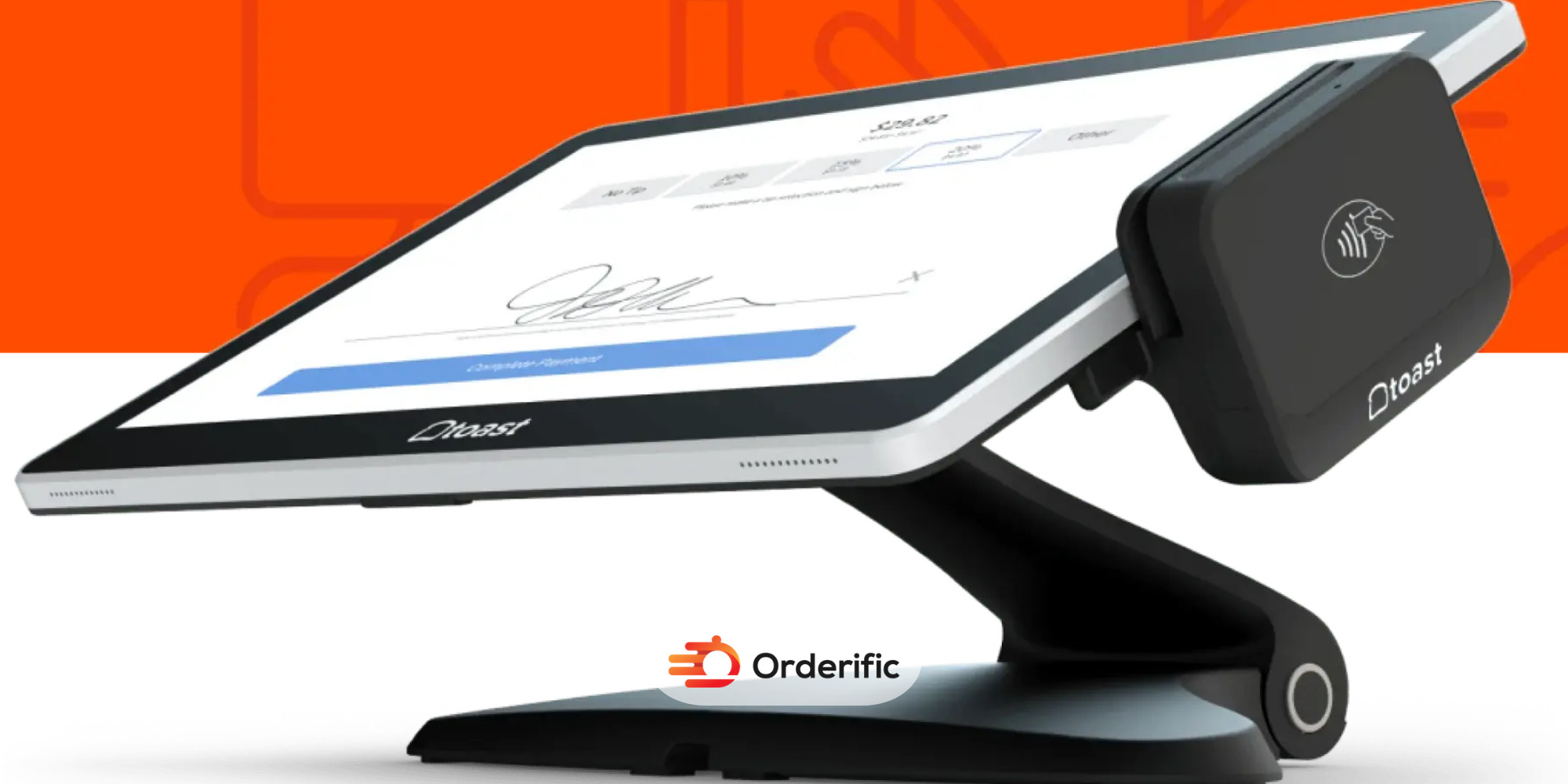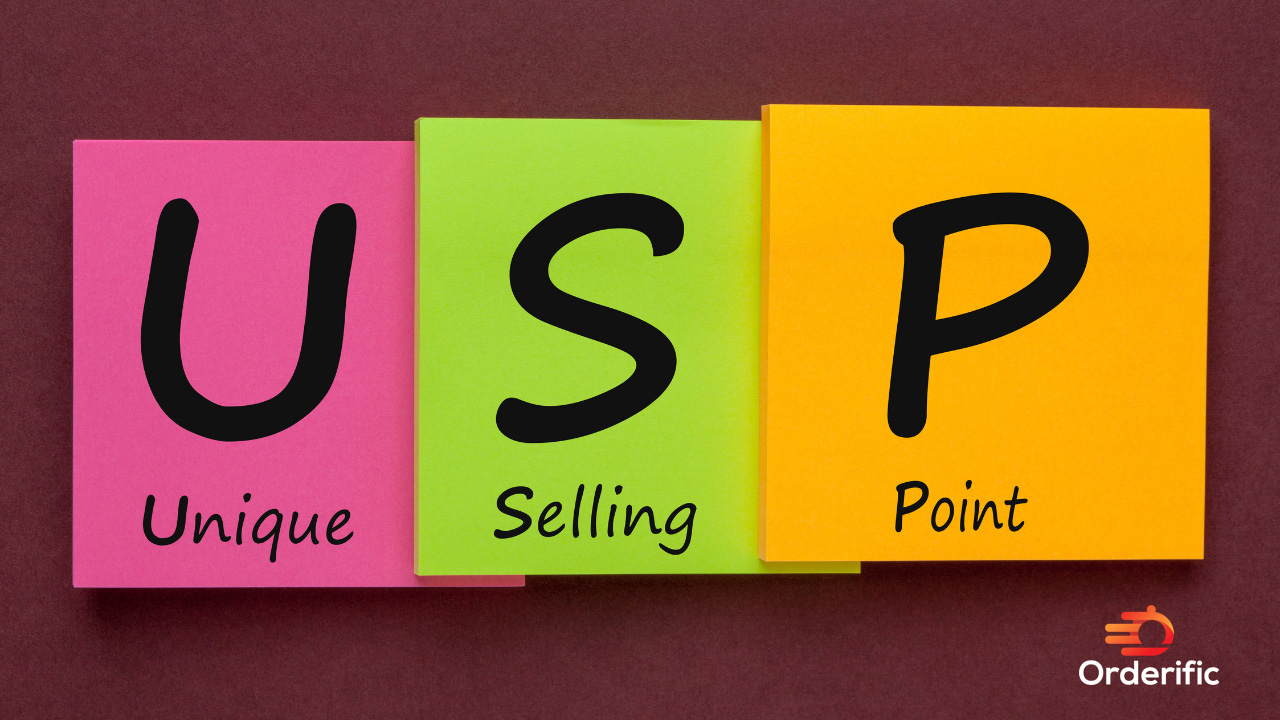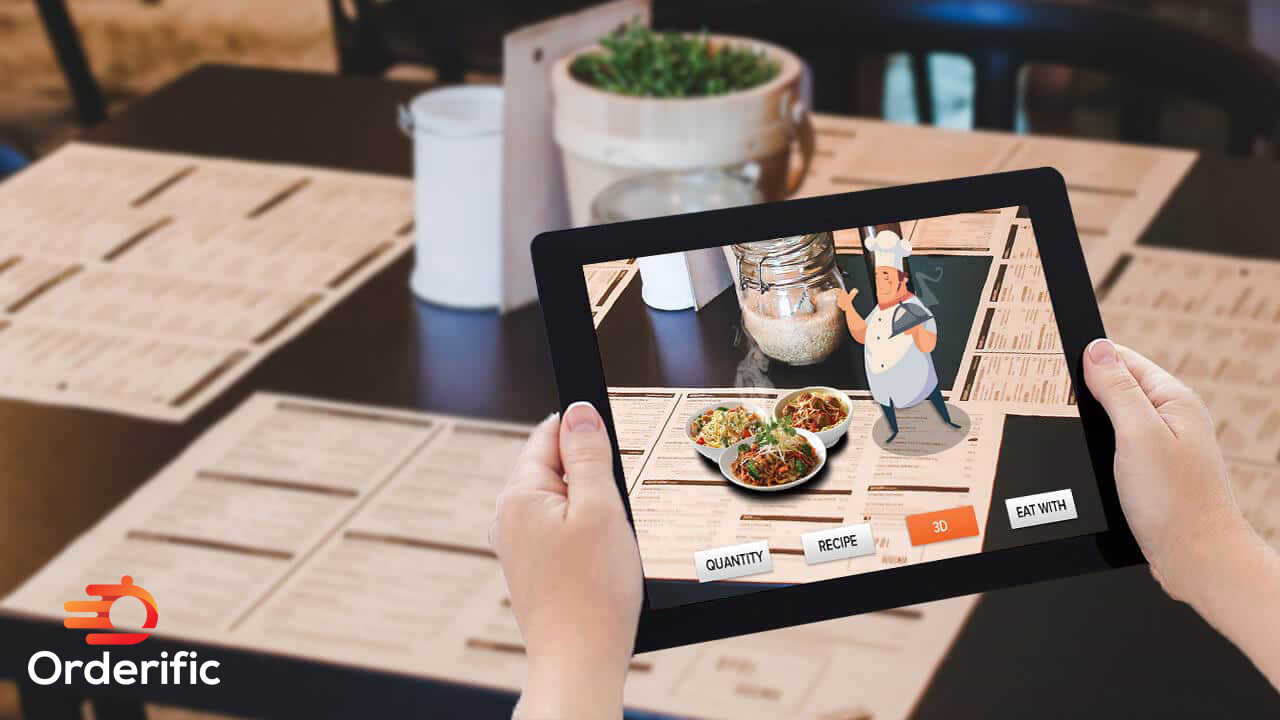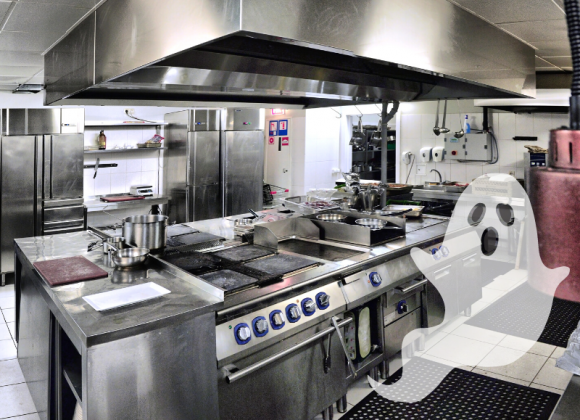Introduction
The benefits of hotel POS systems in today’s fast-paced hospitality industry, enhancing efficiency and delivering unforgettable guest experiences, are paramount. Hotels achieve this by integrating a Point of Sale (POS) system into their operations. A hotel POS system is more than a modern replacement for traditional cash registers. When linked with a robust property management system, it can unlock a wealth of benefits for both hotel staff and guests alike.
From streamlining room service orders to managing inventory proficiently, integrating POS software into hotel operations redefines how hotels operate with the potential to capture and analyze sales data. Furthermore, a well-integrated POS system is a significant asset in managing sales and inventory, meeting small hospitality businesses and large hotel chains’ unique needs. Whether it’s a bustling hotel restaurant, a quaint gift shop, or the primary hotel operations, a POS system ensures seamless sales transactions, efficient inventory management, and superior customer service.
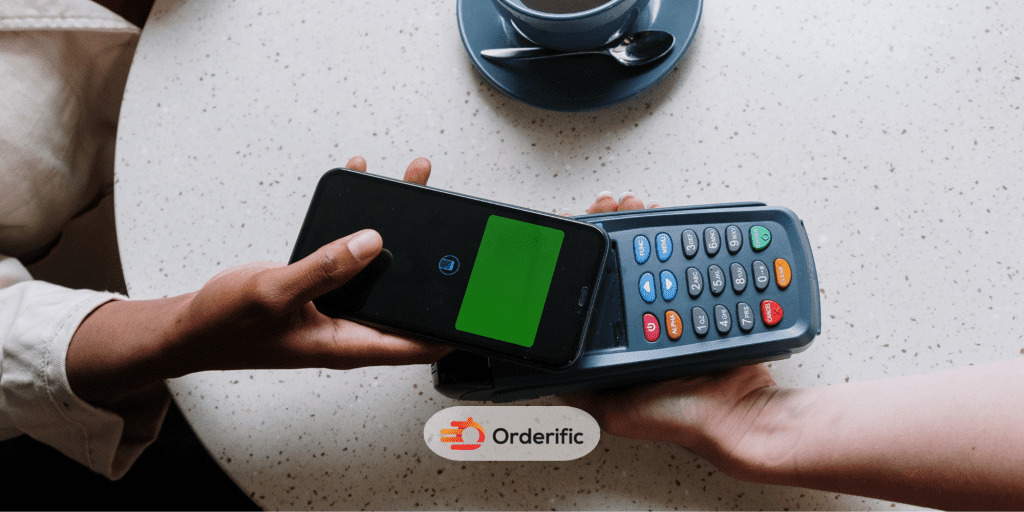
What Is A POS System?
A POS, or Point of Sale system, is the cornerstone of any modern retail and hospitality establishment, including hotels. A well-chosen hotel POS system augments the property management system, providing a comprehensive solution for sales, inventory management, and customer service improvements.
The POS solution is more comprehensive than fixed outlets. Mobile POS devices allow staff to interact with guests and settle payments anywhere within the property, enhancing the guest experience and hospitality. The hotel management software also integrates with the hotel’s property management system (PMS), providing a comprehensive overview of hotel operations, from occupancy rates to revenue management.
The benefits of a POS system extend beyond the guest experience. It is a powerful tool for inventory management and business intelligence for hotel management. By analyzing sales data, hotels can make informed decisions about ordering, managing inventory, and even designing loyalty programs, all contributing to efficient hotel operations and revenue growth.
In summary, integrating the best POS system into hotel operations is a strategic move that benefits the hotel’s bottom line and the guest experience. Whether it’s a small boutique hotel or a large hotel chain, applying a robust POS system can undoubtedly redefine their operations and position them for success in the highly competitive hospitality industry.
Hotel POS System Key Features
Payment Processing
One of the most fundamental features of a hotel POS system is its ability to process payments efficiently. This feature is more than just accepting cash or credit card payments. A robust POS system is designed to handle multiple payment options to cater to the diverse preferences of the guests. The POS system ensures secure, swift, and hassle-free processing from digital wallets to mobile payments and online transactions. It also provides comprehensive payment receipts detailing the customer’s expenses, adding transparency to the transaction process. This versatility in payment processing enhances the guest experience, as payment method constraints do not limit them. After all, in the hospitality industry, customer satisfaction is critical, and providing diverse payment options is one way to ensure this.
Inventory Management
Effective inventory management is a critical aspect of the hotel industry. A comprehensive POS system helps in this regard by keeping track of all the inventory in real time. It monitors the stock levels of hotel amenities, food and beverages, housekeeping supplies, and other items right down to the last unit. Whenever the inventory falls below a predetermined level, the system automatically sends alerts, allowing the hotel staff to replenish the stock promptly. This not only prevents inventory shortage but also reduces waste due to overstocking.
Moreover, if the POS system is integrated with the property management system, it provides insights into the inventory usage across different departments. This data-driven approach helps optimize inventory levels, reduce costs, and improve operational efficiency. With the right POS system, hotels can ensure they always have the necessary items on hand to provide an excellent guest experience.
Customer Management
In the hospitality industry, understanding and meeting customers’ needs is paramount. An advanced hotel POS system plays a pivotal role in customer management, storing guest information and tracking their behaviors and preferences. The POS system captures everything from simple details like their preferred room type to more complex data like their booking patterns and dining preferences. This data can be leveraged to personalize the guest experience, fostering loyalty and encouraging repeat business. By integrating the POS system with the property management system, hoteliers can gain a 360-degree view of their customers, allowing them to deliver exceptional, personalized service that delights guests and keeps them coming back. From automated email marketing campaigns to loyalty programs and special offers, a POS system can significantly enhance a hotel’s customer relationship and boost its bottom line.
Employee Management
A hotel’s success is mainly dependent on its staff. A proficient hotel POS system can be invaluable in managing employees effectively. It can track employee hours work shifts, and generate detailed reports that provide insights into each employee’s performance. This not only aids in payroll processing but also helps identify training needs or recognize outstanding contributions.
The POS system can also assign roles and permissions to staff members, ensuring that sensitive information and particular operations are accessible only to authorized personnel. This enhances security while still empowering employees to perform their roles effectively.
Moreover, staff members can access the system from various points within the property with the right POS system in place. This increases their mobility and allows them to provide prompt service to guests, thereby improving guest satisfaction and the overall efficiency of the hotel’s operations.
In a nutshell, integrating a robust POS system into hotel operations can revolutionize how hotels manage their employees, thereby contributing to the overall success of the establishment.
Reporting

The power of data in modern hotel operations cannot be overstated. A comprehensive POS system is equipped with insightful reporting features that can prove invaluable in the decision-making process of hotel managers. These reports cover various metrics, ranging from revenue and sales to guest behavior and inventory. Such precise reporting allows for close monitoring of business performance and identifying trends or patterns that might impact the hotel’s operations.
Furthermore, these reports can be customized according to the hotel’s specific needs. The POS system can generate a detailed breakdown of revenue per room, an analysis of peak booking periods, or a summary of the most popular menu items. With real-time data at their fingertips, hotel managers can make more informed, strategic decisions that could positively influence the hotel’s bottom line.
The reporting function of a POS system doesn’t just help with forecasting and strategic planning; it also assists in compliance with financial reporting requirements. With accurate, up-to-date financial records, hotels can quickly meet their tax obligations and avoid potential penalties.
How Does The POS System Work With PMS And Other Hotel Software?
The POS system in a hotel does not function as an isolated entity, but rather as a cog in the larger mechanism of hotel management software. It integrates seamlessly with the property management system (PMS), yielding a powerful tool that harmonizes all hotel operations. The PMS, which manages reservations, availability, and billing, communicates directly with the POS system. This allows for the smooth transfer of guest charges from restaurants, gift shops, or other departments, directly to the guest’s room bill. Hence, POS system integration eliminates the need for manual data entry, thereby reducing errors and improving efficiency.
Moreover, the POS system also works in tandem with other hotel software like Customer Relationship Management (CRM) systems, revenue management systems, and channel managers. The sharing of data among these systems facilitates informed decision-making and enhances the overall effectiveness of hotel operations. For example, data from the POS system about a guest’s dining preferences or spending patterns can be used by the CRM system to personalize marketing campaigns, ultimately driving customer loyalty and repeat bookings.
In essence, the integration of a POS system with PMS and other hotel software creates a synergistic ecosystem that optimizes hotel operations, delivers superior guest experiences, and drives business growth. This comprehensive management approach is indeed a game-changer for hotels in the digitally-driven, competitive hospitality industry.
Implementing PMS And POS Systems Integration

Implementing a POS system in a hotel is a strategic initiative that requires thorough planning and execution. Choosing the best hotel POS system that integrates seamlessly with your property management system (PMS) is a crucial first step. It’s important to find a POS solution that caters to the specific needs and scale of your hospitality business, whether you’re a small boutique hotel or a large hotel chain.
The POS software should have features catering to the diverse needs of your hotel operations. They should include payment processing options for various payment methods, comprehensive inventory management, and robust sales data analytics. The POS system should also support mobile POS devices to facilitate transactions anywhere within the property, improving the guest experience.
For the restaurant part of your hotel, a restaurant POS feature in your hotel POS system can help streamline orders, manage inventory, and foster a fantastic dining experience. Having a POS outlet within the restaurant makes transactions easier and faster, improving customer service.
Integration with the hotel PMS allows the POS system to communicate directly with the reservation and billing system. Charges from different outlets, such as the restaurant and gift shop, can be added directly to a guest’s room bill, making room service more efficient.
The POS system should also be able to work with other hotel software such as revenue management systems, customer relationship management systems, and channel managers. The inventory data from the POS system can be used to optimize stock levels, reducing waste and ensuring a smooth hotel operation.
The Benefits Of Integrating POS Systems In A Hotel
Integrating a POS system in a hotel boasts numerous benefits, fundamentally revolutionizing its operations, elevating guest experiences, and enabling significant growth in revenue. Some key benefits include:
Streamlined Operations In Hotel POS Systems
By integrating a POS system, hotels can streamline their operations, reducing manual tasks and enhancing efficiency. The POS system integrates seamlessly with the Property Management System (PMS) and other hotel software, allowing for smooth operation and communication between systems. This connectivity reduces errors and saves time, improving operational efficiency.
Enhanced Guest Experience
The POS system plays a pivotal role in improving the guest experience. It provides diverse payment options, ensuring secure, quick, and easy transactions. It also stores and tracks guest preferences, aiding in personalizing their experience and encouraging repeat business. Moreover, a POS system allows for swift transactions anywhere within the hotel premises, further improving the guest experience.
Optimized Inventory Management With Hotel POS Systems
The POS system significantly improves inventory management by tracking stock levels in real-time and sending alerts whenever inventory falls below a predetermined level. This not only prevents inventory shortages but also reduces waste due to overstocking. When integrated with the PMS, it provides insights into inventory usage across different departments, helping to optimize inventory levels and reduce costs.
Effective Employee Management
A POS system also aids in managing employees effectively. It can track employee hours, manage shifts, generate performance reports, and assign roles and permissions. This not only helps in payroll processing but also enhances security and improves service delivery, contributing to the overall success of the hotel.
Improved Decision-Making With Hotel POS Systems
The POS system provides insightful reports which are invaluable in the decision-making process. These reports cover various metrics, allowing hotel managers to monitor business performance and identify trends that could impact operations. With real-time data at their fingertips, they can make informed, strategic decisions that positively influence the hotel’s bottom line.
In conclusion, integrating a POS system into hotel operations is a strategic move that not only simplifies operations but also enhances guest satisfaction. Whether it’s a small boutique hotel or a large chain, it can undoubtedly boost their competitiveness in the hospitality industry.
Conclusion
In the rapidly evolving hospitality industry, a cutting-edge POS system has become more than just a tool for processing transactions – it’s an integral part of a hotel’s management strategy. By integrating a POS system with a property management system and other hotel software, hoteliers can streamline operations, personalize guest experiences, effectively manage employees, and optimize inventory management. Furthermore, the rich data and insights provided by the POS system can empower hotel managers to make informed, strategic decisions that boost their bottom line.
In an increasingly competitive market, the right POS system can provide the edge that sets a hotel apart. If you’re eager to explore the transformative potential of a POS system for your hotel, Orderific would be delighted to help. Schedule a demo with us today and let’s revolutionize your hotel operations together.
FAQs
What are the three types of POS?
The three types of POS are terminal POS, mobile POS, and cloud-based POS.
What are the two most common operating systems for POS devices?
The two most common operating systems for POS devices are iOS and Android.
How much does a hotel POS system cost?
The cost of a hotel POS system varies widely, depending on the features and the scale of the hotel’s operations.
What is POS system for hotels?
A POS (Point of Sale) system for hotels is a software tool used to manage sales, inventory, and other aspects of hotel operations.
What are 4 examples of POS software used in the tourism hospitality industry?
Examples of POS software used in the tourism hospitality industry are Square, Toast POS, Oracle MICROS, and Revel Systems.


